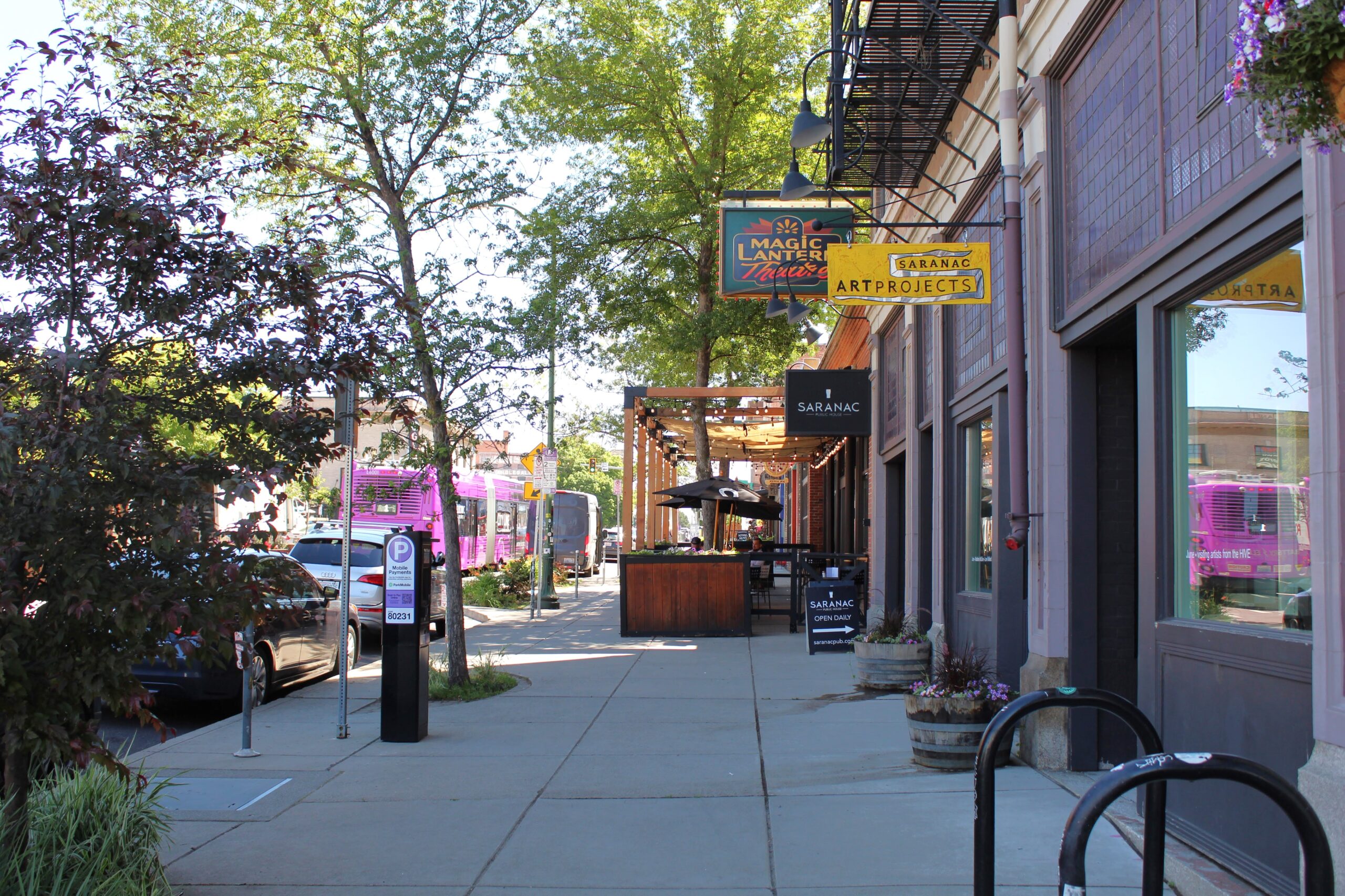Seattle for Everyone Update
For over a year, Futurewise has been leading the outreach work for the Seattle for Everyone Coalition’s support of the Housing Affordability and Livability Agenda (HALA). Within the HALA are 65 distinct policy recommendations that work together to address the housing affordability crisis Seattle is facing.
We know that people are happier when they are able to live close to jobs, schools, parks and other amenities; and that living in dense urban areas reduces our environmental footprint. That’s why we have pushed for key policy recommendations from the HALA that will help to increase our housing stock, reserve homes for our low-income neighbors as well as curb sprawl.
Since its creation in 2015, Futurewise and Seattle for Everyone have worked to pass many of the HALA policy recommendations. Some of the key policy highlights that have passed to date include:
Doubling of Seattle Housing Levy
Raises $290 million for affordable housing over 7 years, passed by vote of the people in 2016.
Expansion of the Multi-Family Tax Exemption (MFTE) Program
New buildings can receive a tax-break for opting to include income-restricted homes that will serve families 80%AMI-110%AMI ($80,250-$ $120,350 for a family of four) for at least 12 years.
Source of Income Protection Ordinance
Prohibits discrimination against renters who use subsidies or alternative sources of income.
Fair Chance Housing Law
Prevents landlords from unfairly denying applicants housing based on criminal history & prohibits the use of advertising language that automatically or categorically excludes people with arrest records, conviction records, or criminal history.
Design Review Reform
Changes to the design review and permitting processes to improve predictability and consistency.
Parking Reform
Gives more flexibility around car parking requirements for new construction, increases bicycle parking requirements, and defines Seattle’s Frequent Transit Service Walkshed.
Mandatory Housing Affordability Framework Legislation
Through an equal-value exchange, areas of Seattle that receive up-zones will be required to contribute to new income-restricted affordable homes that will serve families at <60%AMI ($0-$60,200 for a family of four) for at least 75 years. These new income-restricted homes can be built on site or through the Seattle Office of Housing. The Seattle Office of Housing funds projects across the City, historically with the majority being close to the urban core. Check out a report of homes funded by Seattle Office of Housing here: tinyurl.com/SeaOH2017
Urban Core Affordability Rezones
Six neighborhoods in Seattle’s Urban Core have gone through affordability rezones. New development in these neighborhoods are actively contributing to our stock of income-restricted affordable homes: South Lake Union, Downtown, University District, Uptown, Chinatown/ID, & 23rd/Union/Jackson.
Check out the City of Seattle’s current MHA report here: tinyurl.com/SeaMHA2017
Currently active policy proposals from the HALA include:
City-Wide Urban Village Affordability Rezones
Seattle City Council is currently considering an affordability rezone to 26 of Seattle’s Urban Villages; the passage of these rezones will both allow for more homes to be built and reserve income-restricted affordable homes for our lower-income neighbors.
Status:
The Seattle City Council has held in-district public hearings as well as six full-council meetings at City Hall. The community testimony at these hearings has been overall in support of passing the needed affordability rezones to put MHA in place. There will be one additional Public Hearing on MHA at Seattle City Hall, TBD.
To send the City Council your support for the Mandatory Housing Affordability Program you can use this form: futurewise.salsalabs.org/mhaactionalert/
Accessory Dwelling Units Reform
The City proposes to remove barriers and make it easier for property owners to create accessory dwelling units (ADUs). These changes will produce more affordable rental-options and increase the number and variety of housing choices in single-family zones. The proposal will allow for property-owners to build both a backyard cottage and basement apartment, while also loosening restrictions on parking requirements and owner-occupancy laws.
Status:
Seattle Central Staff recently released a Draft Environmental Impact Statement (DEIS) on the Accessory Dwelling Unit legislation. The DEIS overwhelmingly shows the positive impacts that these changes will bring to Seattle’s neighborhoods that are zoned for single-family homes. Take a look at the DEIS and send the City your comments by June 25th: seattle.gov/council/adu-eis
Seattle for Everyone’s outreach and organizing is on hold while the city determines next steps on MHA legislation. However, the coalition partners are continuing to work on HALA policies that facilitate housing goals, and are committed to ensuring that MHA and the HALA recommendations move forward.


